Create and Open Portable Company Files in QuickBooks Desktop
Do you want to create a Portable Company File in QuickBooks Desktop? Through this article, we shall provide you simple, yet invaluable procedure for creating and opening the Portable File in QuickBooks desktop.
A portable company file is a compressed
form of a company file that may be sent through email or stored on a USB or
hard drive. You may effortlessly generate QuickBooks portable files, transfer
them to different devices, and open or recover them quickly.
Necessary prerequisites to be considered before
creating the Company File
Before you embark on the process of
creating your portable Company file in QuickBooks desktop, make sure that
you meet the following requirements:
·
QuickBooks should be updated to
its latest version.
·
Ensure that you always log in
to QuickBooks as an 'Admin.'
·
If you provide another person a
copy of the portable file, they will have full access to QuickBooks and be able
to add/modify transactions and change the Administrator password.
·
If you attempted to resolve the
data issues, make sure that when restoring the portable copy, you do not
overwrite the original file. Before restoring the portable company file, the
ideal technique is to rename the original file.
·
When you want to send the
company file to an accountant, prefer to use the accountant's copy.
Walkthrough
for creating and opening a portable company file in QuickBooks
You can implement the methods below to
create and open a portable company file.
Step 1: Update QuickBooks desktop
First and foremost, make sure that you update QuickBooks Desktop to the latest version. To do the same, follow the procedure mentioned below:
·
Select the 'help' tab in
the QuickBooks software.
·
Select the option 'update
QuickBooks desktop.'
·
The next step is to select the 'update
now' option and then go to 'reset updates' to remove all prior
updates.
·
Then, choose ‘get updates'
and wait for QuickBooks to finish downloading and installing.
·
Additionally, restart
QuickBooks.
· You can also set QuickBooks to download the most recent software automatically.
·
Again, repeat the process by
selecting 'Settings.' Opt out of the automatic update and shared
download by choosing the dots.
Methods 2: Creating a backup file
Implement the procedure below to create a
backup file.
·
Start QuickBooks.
·
Then go to 'files' and
switch to 'single user.'
·
After that, you must click on
files and generate a local backup.
· Afterwards, select 'local backup.'
·
Go to the 'next' tab.
·
Browse and head to the location
where you want to save the backup file.
·
Finally, the system will check
the files, and you must save them by clicking the 'ok' tab.
·
Finally, press the 'next'
button.
Step 3: Create a portable company file
Creating a portable company file in QB is
quite easy. You just need to adhere to the steps given in the following lines.
·
Log into QuickBooks as an
administrator.
·
Choose 'make copy' from
the 'file' menu.
·
Select the portable company
file and press the 'enter' key.
· Provide some name to the file.
·
Choose a location to save the
portable company file that is simple to find, such as the Windows desktop.
·
Finally, select 'save'
and click the 'OK' tab.
Steps to open
a portable company file in QuickBooks
After you have successfully created the
portable company file, you must be wondering how to access it. Following the
creation of the file, follow the procedure below to open the company file:
·
Open QuickBooks and log in as
an 'admin.'
·
Head to the 'file' menu
and select 'open or restore company.'
· Select 'restore a portable file.'
·
Afterward, click on 'next'
tab.
·
Choose the portable company
file and select 'open.'
·
It is pertinent to note that
you should not use the same name for the portable company file and regular
company file. If you save them in the same folder, then the portable file will
overwrite the regular one. Therefore, you should 'rename' the portable
company file. Another walkway is to save it to a different folder.
·
Click on 'next' And choose
'save' tab.
·
When you open the file,
QuickBooks will automatically re-index the data.
We are hopeful that you found the procedure
enumerated in this article for creating and opening portable company files
on the QuickBooks desktop useful. If you have any queries regarding the
same, you can contact our 24/7 QuickBooks technical
support at 1-800-761-1787. Our team of experts shall resolve all your
QB-related questions through reliable and unmatched support services.
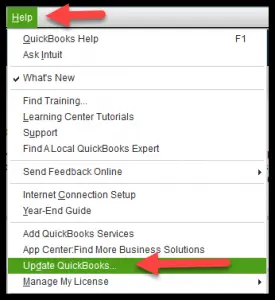
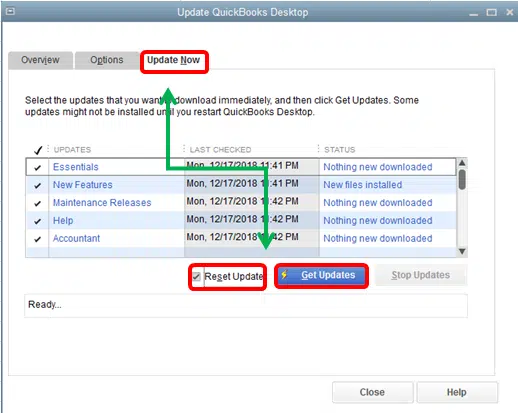
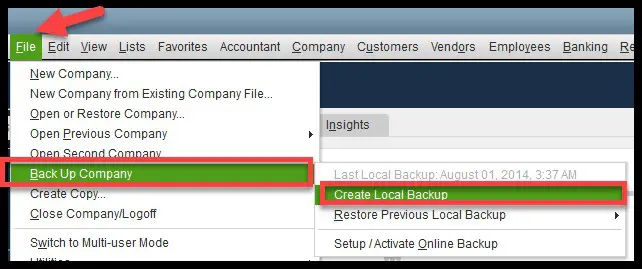
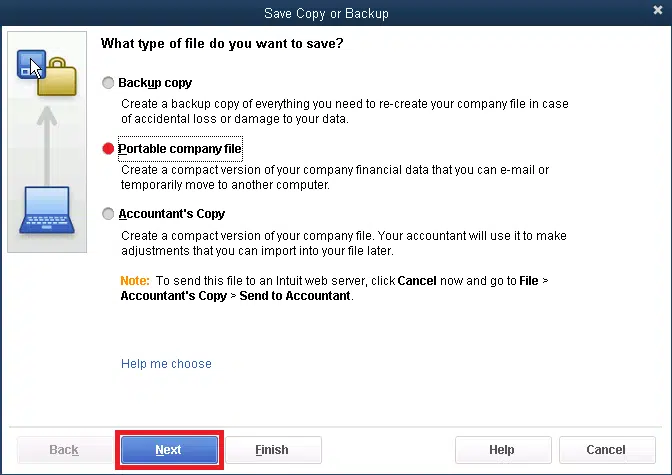
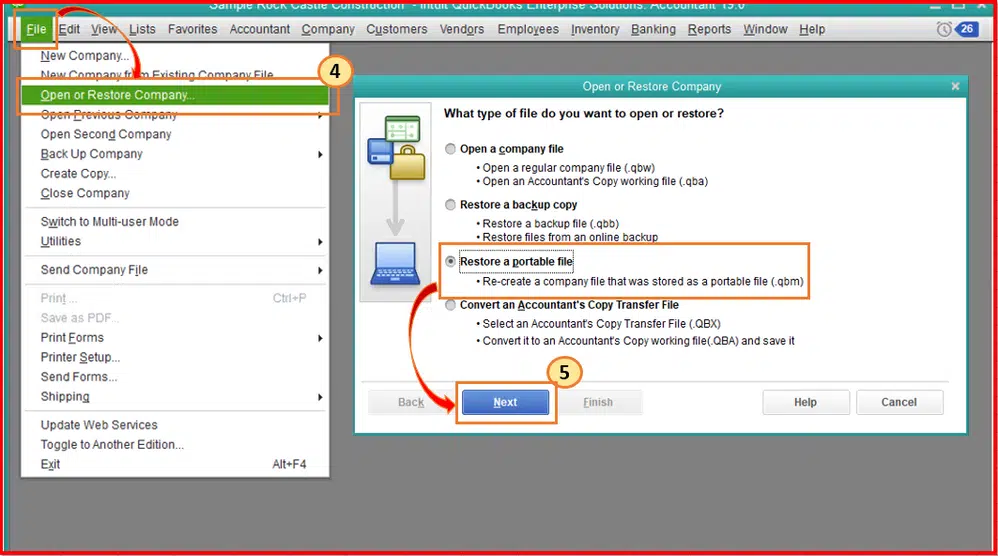


Comments
Post a Comment